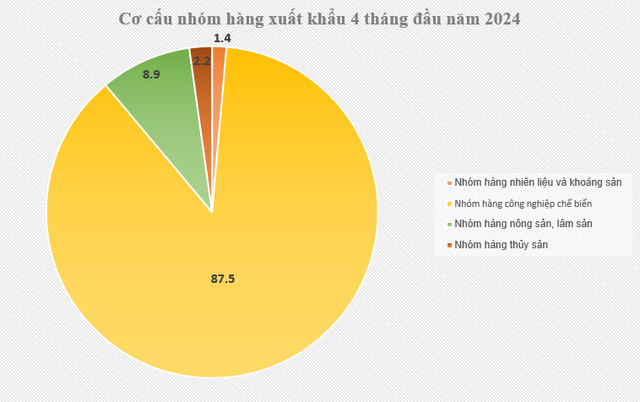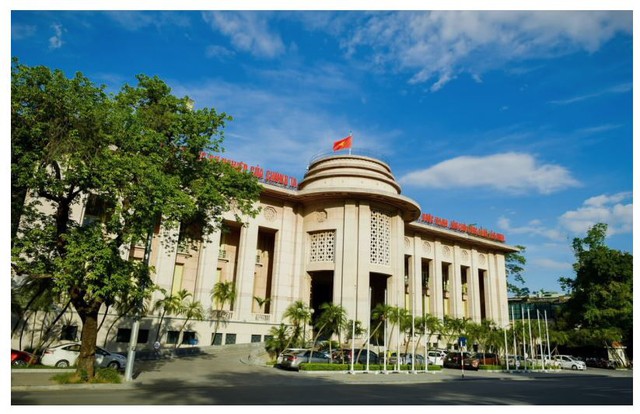
The Ministry of Labor, Invalids and Social Affairs (MoLISA) said that it will propose to the Government to increase pensions by at least 15% to synchronize with the salary increase for civil servants and public employees.
Starting from July 1st, the average salary of civil servants and public employees when implementing salary reform will be about 30% higher than the average income of laborers (VND 7.5 million/month). This salary level will continue to be adjusted by an average of 7% per year starting from 2025.
According to the Government’s calculation, to implement the salary reform, the estimated additional funding needs from the budget in the period of 2024 – 2026 is over VND 499 trillion. Of which, VND 470 trillion for salary reform, VND 11.1 trillion for pension adjustment, and VND 18 trillion for preferential allowances for people with meritorious services.
Together with the comprehensive implementation of the salary policy according to Resolution No. 27, in Resolution No. 104/2023/QH15 on the state budget estimate for 2024, the National Assembly has resolved that from July 1, 2024, pension adjustments, social insurance subsidies, monthly allowances, preferential allowances for people with meritorious services, and some social security policies attached to basic salaries will be simultaneously adjusted.
Regarding the implementation of this task, Minister of Labor, Invalids and Social Affairs Dao Ngoc Dung said that this year the whole sector will try to propose a minimum increase of 15% in pensions compared to the additional salary increase for civil servants and public employees.
According to Mr. Dao Ngoc Dung, the adjustment of pension policies must be balanced and harmonious, not leaving retirees in difficulty or disadvantage after the reform. He said, “When implemented, those who have made meritorious services before 1995 will be given the highest regime, ensuring that these individuals are not disadvantaged. After the salary reform, people with meritorious services will enjoy higher than the average salary.”
According to the leaders of the Ministry of Labor, Invalids and Social Affairs, in 2024, the Ministry will strive to propose raising the standard social allowances to VND 750,000, equal to 50% of poor rural households.
However, there are currently 36 units from some sectors (prosecution agencies, courts, aviation, armed forces…) applying special financial mechanisms and incomes with about 134,300 officials and civil servants. Compared to Resolution No. 27 when implementing salary reform, these units will no longer enjoy special salary policies. These units may not receive salary increases but will retain their current salaries.
10% of the regular increases will be allocated for salary reform
Regarding the preparation of the budget sources for comprehensive salary reform, the Ministry of Finance said that there is a plan, in which the total budget expenditure is about VND 132 trillion from the central budget, and over VND 430 trillion from the accumulated local budgets.
According to a representative from the Ministry of Finance, by the end of 2023, the State Treasury balance is about VND 800 trillion. Among the surplus of the State Treasury, there is a portion of the salary reform money.
After the competent authorities issue salary reform policies, the Ministry of Finance will implement as prescribed. Currently, the Ministry of Finance has issued Circular No. 76 on the organization of the state budget estimate for 2024, which includes guidelines on the mechanism of creating salary and subsidy funds in 2024.
Accordingly, central ministries and agencies shall implement the mechanism for creating funds to implement comprehensive salary policies as prescribed; at the same time, when allocating the budget, each unit must determine 10% of the regular increases in 2024 to be allocated for salary reform. This will also be implemented in a similar way in provinces and cities.
“The budget to implement salary reform in 2024 of the locality includes 70% of the increase in local budget revenue in 2023 and 50% of the increase in local budget revenue in 2024 compared to the estimate (excluding some sources of revenue such as land use fees, lottery; proceeds from equitization and divestment of state-owned enterprises…); 50% of local budget funds allocated from savings in regular support expenses in the administrative field and support for public entities,” the Ministry of Finance said.
According to the Ministry of Finance, the funds for salary reform also come from the salary reform funds of 2023 that have not been used. In case localities do not allocate enough funds, the central budget will provide partial support.





































